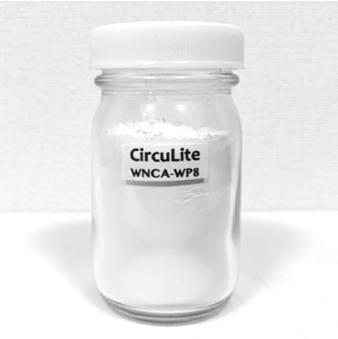

2022/06/20
At the 26th Conference of the Parties to the United Nations Climate Change Framework Convention (COP26) held in 2021, the “Glasgow Climate Pact” was agreed. The agreement stipulates that the goal is to limit the temperature rise from before the Industrial Revolution to 1.5 ℃, and it is thought that efforts to decarbonize this goal will become even more important. Under these circumstances, start-up companies born from joint research between Japan and Europe are taking an interesting approach toward the realization of a carbon-free society.
AC Biode is a Japanese-European cleantech startup with expertise in chemistry, electronics and material science. AC Biode upcycle biomass ash, coal ash, sewage ash, lithium by-products into adsorbent or antibacterial materials, including for carbon capture.

Ash from biomass power, coal-fired power, or sewer sludge is a problem: it costs a few million USD to dispose of them, take care of heavy metals, recycling to concrete or soil improvement has a low value; thus, most of the ash end up at landfills.
Over the next 20 years coal will remain the raw material most used to produce electricity in the world. Millions of tons of coal ash are sent to landfills. This can cost a power plant operator several hundreds of millions USD and thousands tons of CO2 per year.
AC Biode’s technology recycles coal ash or biomass ash into a new material called CircuLite. This allows power plants to lower their carbon footprint, costs and create a circular economy system.

The circular loop economy through ash upcycling, which AC Biode is aiming for, may greatly contribute to the realization of a carbon-free society.